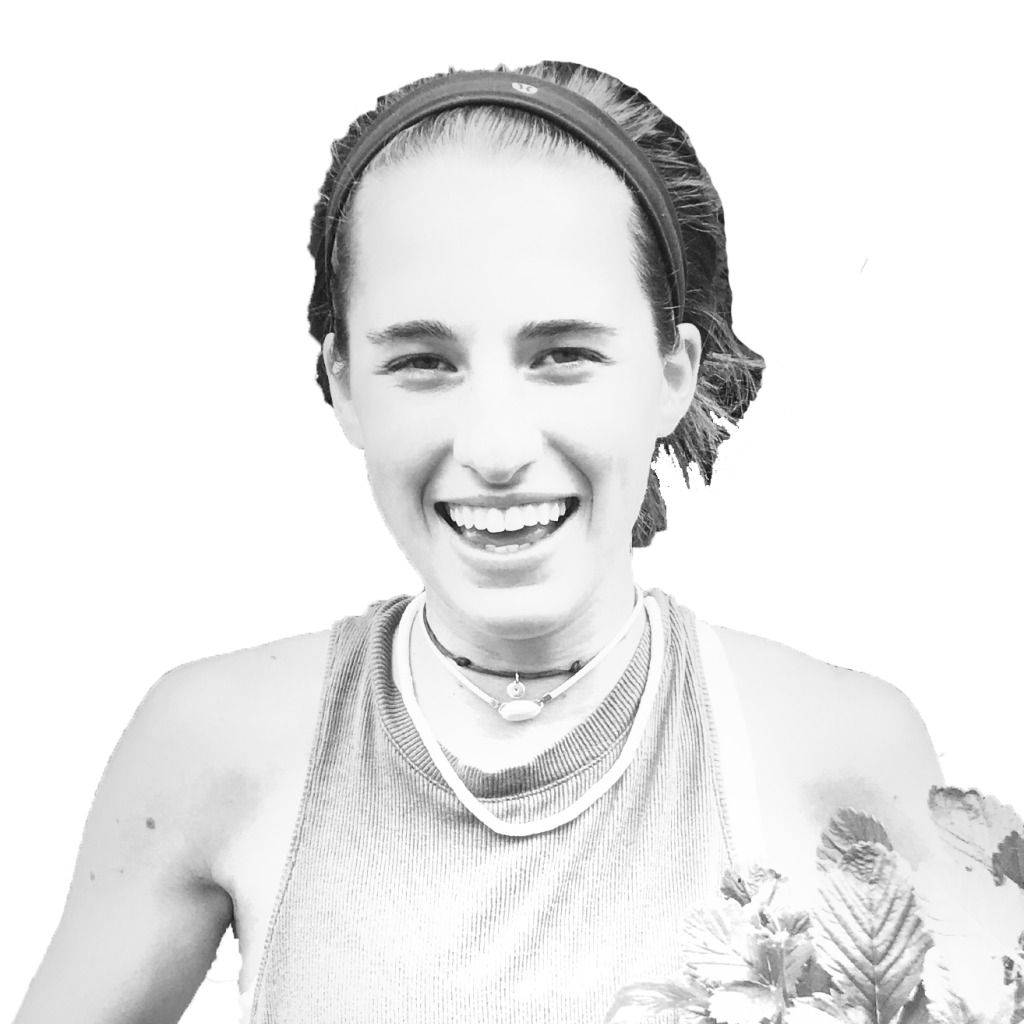My family and I recently flew to Croatia, where we travelled out to the rural landscape dotted with houses every couple of miles. We arrived at a home owned by an older woman named Anka who prepared us a traditional Croatian meal in her tiny kitchen, smiling broadly the whole time.
Anka’s kitchen has a table, a faucet and a pile of burning firewood where she cooks her meals. Right outside is her garden, where she grows everything she needs in the kitchen. Anka cooks traditional Croatian meals, most notably soparnik, a savory pie usually filled with vegetables. She spends hours preparing, cooking and delivering the dish to restaurants, hotels and families. Anka even won “best soparnik in Croatia” while cooking out of a kitchen with just a table, a faucet and a pile of wood burning.
At first, my family and I were taken aback by how small and bare Anka’s kitchen was. Nevertheless, though Anka’s kitchen seemed empty to us, she bustled about it cheerfully. As we eventually realized, she had everything she needed, and her seemingly Spartan lifestyle allowed her to appreciate the value of all she had.
American kitchens are decorated with stovetops, microwaves, toaster ovens, regular ovens, fancy light fixtures, sinks, copious cabinets and shelves full of unnecessary appliances, each designed to make our lives just a bit easier. This has become the norm for us. But in that moment, standing in Anka’s kitchen, I began to realize how entirely unnecessary the majority of our belongings are.
People often believe that more is better than less — the more the merrier. In particular, this notion often applies to material possessions in our society: Someone who can afford and own anything they want is seen to have a better life than someone living with just the essentials. However, I argue that the more concerned people are with acquiring material possessions, the worse off their lives become. Their lives become cluttered by stuff that does not truly matter as they bury themselves deeper and deeper under the weight of these items.
The Netflix documentary “The Minimalist” spotlights Joshua Millburn and Ryan Nicodemus, two self-described minimalists dedicated to exposing this way of life to the public. They define minimalism as a lifestyle that encourages people to eliminate material possessions to make room for the more important parts of life including “health, relationships, passion [and] growth.” But above all else, they emphasize that less is more. Their dramatic lifestyle change proves that we do not need a plethora of possessions to bring us happiness.
Opportunities to embrace minimalism appear in all of our daily lives. Most minimalists would probably be overwhelmed by the average American closet, garage or home and burdened by the sheer excess of nonessential items. Aspiring to such an attitude over the last few years, my opinion has shifted from “more is better” to “quality over quantity” to “do I even really need this at all”?
Minimalism is one of the most admirable choices people can make. Through this lifestyle, minimalists demonstrate to themselves and others that happiness is not derived from owning a multitude of material possessions. Moreover, by choosing to live minimally, they illustrate that they are in control of their lives and can find happiness through new experiences and passions rather than succumbing to the overwhelming abundance of material goods that otherwise invade their lives. With the lifestyle that they choose, minimalists gain the freedom to seek out what truly gives them satisfaction and happiness.
Even if you do not fully invest in the minimalist lifestyle, ridding yourself of unnecessary material possessions will benefit you by allowing you the time and space to discover what gives you the most satisfaction. Maybe it means thinking twice about whether you really need something before you buy it or simply decluttering your closet or desk. Try it — choosing less will not hurt.
Elisabeth O’Brien is a sophomore in the College. This is the final installment of Brain Waves.














